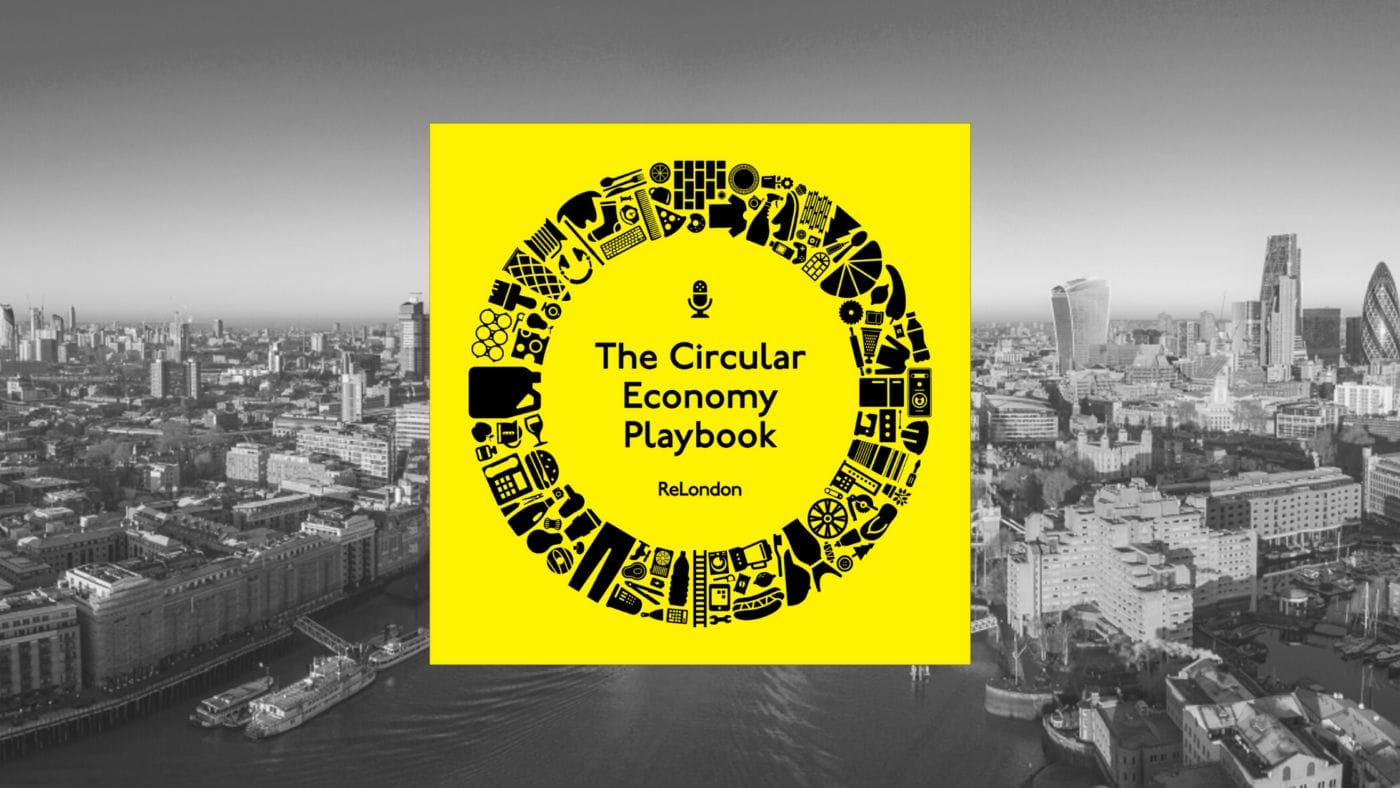One of the challenges facing London and many other major cities is how to provide the housing, business premises and infrastructure that residents and workers require – but in an efficient and sustainable way.
Adopting a circular economy approach to the built environment can help overcome this challenge. By keeping buildings, products and materials at their highest value for as long as possible, the circular economy also offers the opportunity of creating healthier spaces and thriving communities.
In this episode, we discuss some of these opportunities and try to answer the question: should we retain or rebuild?
Further reading / viewing
In this episode we reference our Circular Economy Route Map, where we set out the opportunities and benefits for London to be a centre for both design and demonstrator projects that exemplify: Buildings and infrastructure designed for adaptability; The use of innovative products and technologies to make buildings more circular; Re-use and refurbishment of buildings instead of demolition; Buildings deconstructed to enable maximum material re-use; The use of innovative business models which enable both current, and new, buildings to be used more flexibly and therefore perform more efficiently.
We also talk about the London Plan, which sets out the overall strategic plan for London for the next 20–25 years as well as BRE’s Whole Life Costing tool for calculating the lowest cost options for the entire commercial life of a building.
Credits
With thanks to our contributors: Gilli Hobbs – Director @ BRE / James Close – Head of Circular London @ ReLondon / Emma McKenna – Advance London Business Advisor (Built environment) @ ReLondon.
Hosted by: Wayne Hubbard – CEO @ ReLondon / Ali Moore – Head of communications @ ReLondon
Produced by: Isabella Nasak Kima – Corporate communications lead @ ReLondon
Sound engineering by: Breen Turner
Want to find more podcasts?
Want to find more resources relating to the built environment?


